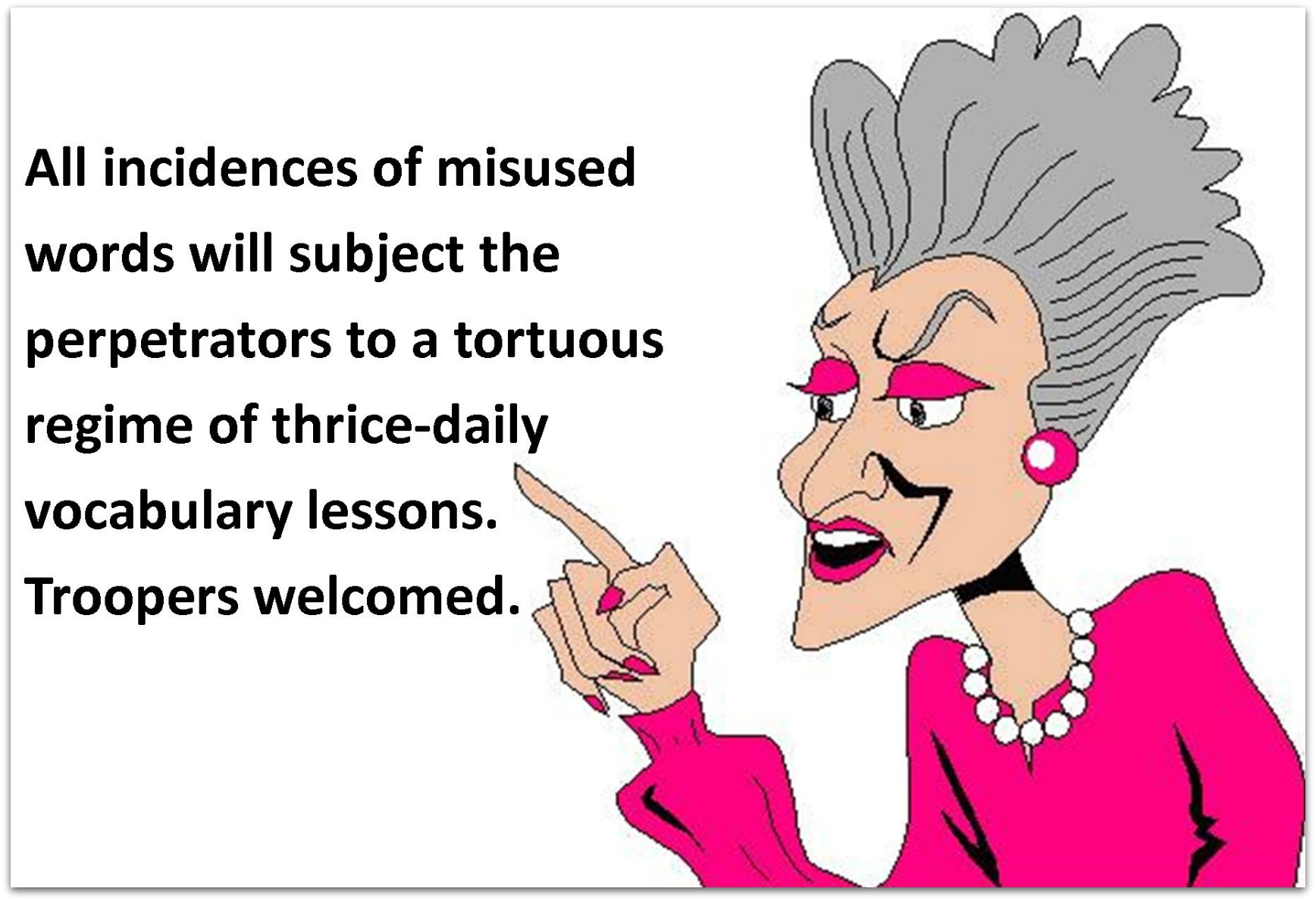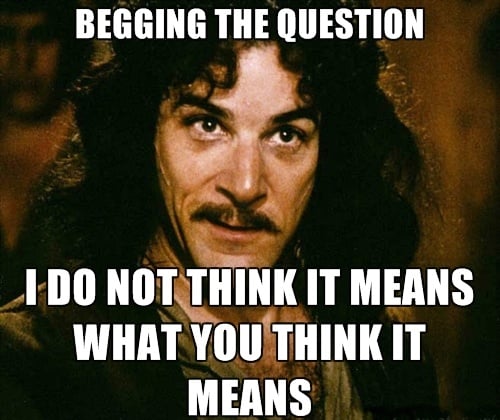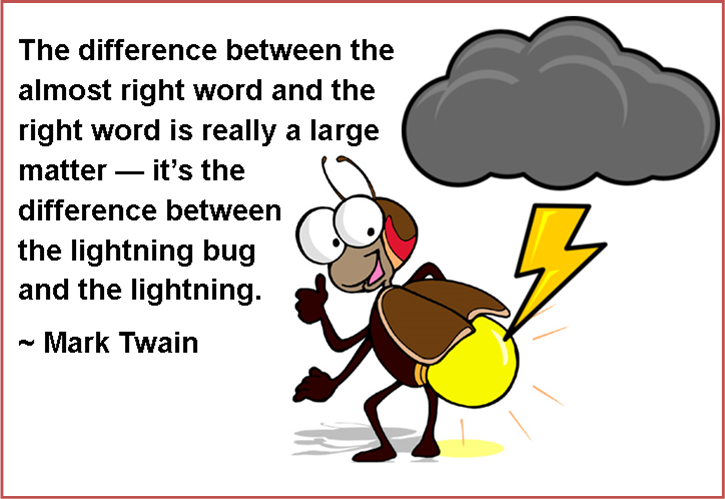So, how'd you do?
Perhaps after reading last week’s Sheryl’s She Shed blog challenge, you’ve had the opportunity to actually see the commercial on TV. If so, would you agree there’s something suspect about Victor’s indifferent response regarding the lightning strike? There are many theories circulating social media as to Victor’s role in the burning down of Sheryl’s she-shed. Do you have a humorous take on what might have happened? If so, we’d enjoy hearing from you. Let your imagination run wild and post your ideas below in the comments section.
Wow, as you can see, we received a range of answers to this challenge.
There are 31 wrong words, and as many of you pointed out, “chichi-er” could have simply been “chichier.” Inserting the hyphen was my mistake; I put my faith in material I read on the internet concerning “chichi,” instead of looking up the word in Merriam-Webster. Lesson learned? Just because it’s on the internet doesn’t make it correct!
We were initially looking for 31 wrong words; however, if you guessed 31 OR 32, we accepted you as a winner, since many of you included “chichi-er,” which took the total to 32.
Here is the list the first five people who answered correctly from the challenge we assigned our readers. Congratulations! We'll be in touch with each of you.
- Tara Bann
- Deborah Baron
- Amy
- Desmond Ballance
- Andrea Isiminger
If you're one of the winners, please send your email address to Conni@ProofreadNOW.com so we can send your gift to you.
And for those of you who guessed over or under in the number of mistakes, here’s the answer key. All mistakes are highlighted in yellow.Thanks to everyone who participated!










 Here are some words we often find mixed up in documents we read. Are you using these words correctly?
Here are some words we often find mixed up in documents we read. Are you using these words correctly?

